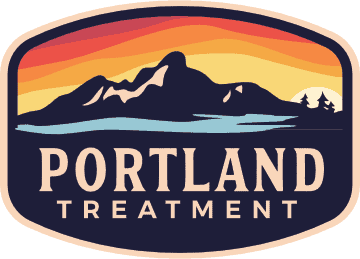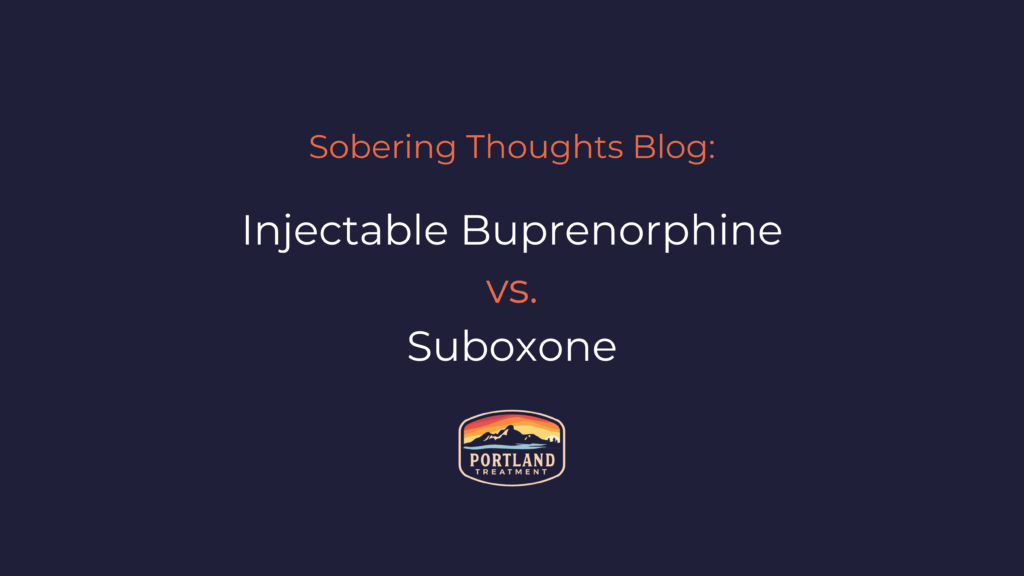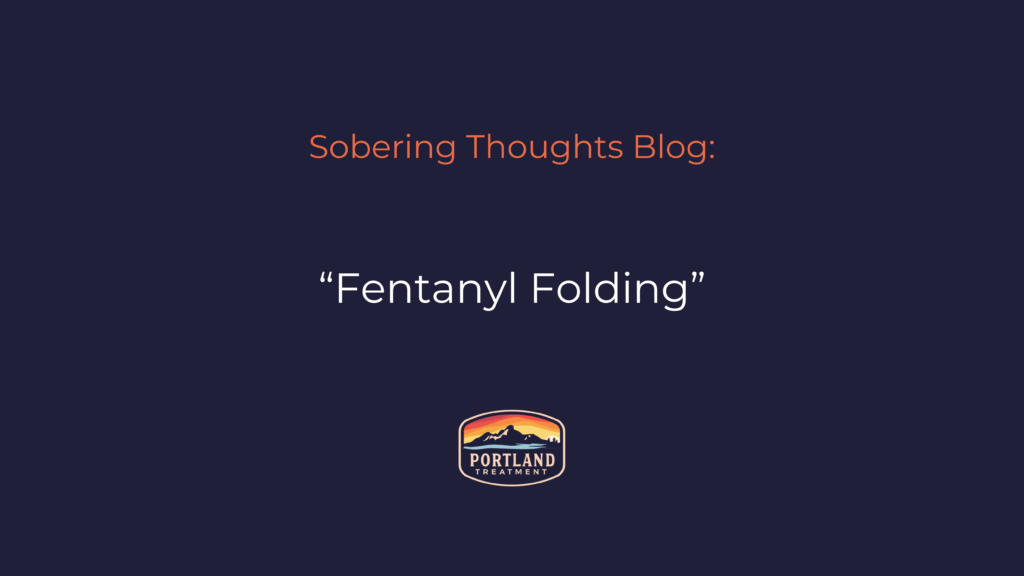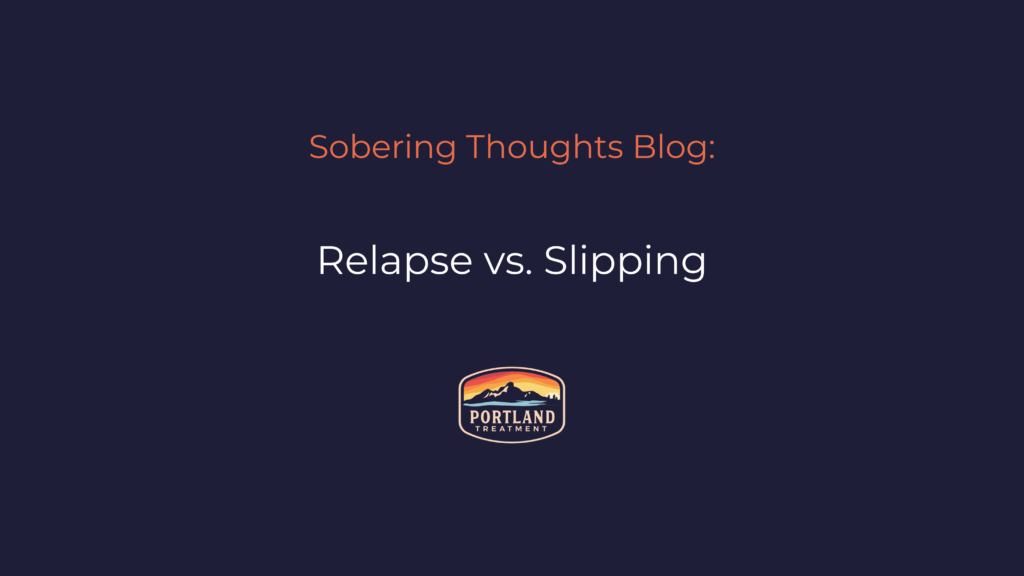Breaking free from Valium addiction dependency is a challenging journey that requires understanding, support, and determination. In this comprehensive article, we will delve into the complexities of Valium addiction, exploring its effects, signs, and symptoms, available treatment options in Portland, ME, and strategies for overcoming dependency. By shedding light on the impact of Valium addiction …
Breaking free from Valium addiction dependency is a challenging journey that requires understanding, support, and determination. In this comprehensive article, we will delve into the complexities of Valium addiction, exploring its effects, signs, and symptoms, available treatment options in Portland, ME, and strategies for overcoming dependency. By shedding light on the impact of Valium addiction on health and relationships, as well as the resources and support systems available in Portland, ME, we aim to provide a roadmap for individuals seeking to break free from the grips of Valium addiction.
We will discuss detoxification, therapy, and healthy coping mechanisms, empowering individuals to take the necessary steps towards living a Valium-free life. If you or a loved one is struggling with Valium addiction, this article will serve as a valuable resource in your journey towards recovery and renewal.
Understanding Valium Addiction
Understanding Valium addiction is essential for individuals struggling with its adverse effects and seeking comprehensive treatment. Valium, also known by its generic name diazepam, is a prescription medication belonging to the benzodiazepine class, with potential for addiction and dependence.
It acts on the brain and nervous system to produce a calming effect, making it valuable for treating anxiety, muscle spasms, and seizures. Due to its addictive potential, prolonged use or misuse can lead to physical and psychological dependence, causing withdrawal symptoms upon discontinuation.
Professional assistance and specialized care are crucial in addressing Valium addiction. Portland Treatment Center offers a multidisciplinary approach, providing personalized treatment plans tailored to the individual’s needs, including detoxification, therapy, and ongoing support to promote long-term recovery.
What is Valium?
Valium, a widely prescribed benzodiazepine, is utilized to treat various conditions, including anxiety disorders, muscle spasms, and seizures. Its prolonged use may lead to physical dependence and addiction, necessitating professional intervention and support.
Valium, also known by its generic name diazepam, is classified as a central nervous system depressant. It works by enhancing the effects of a neurotransmitter called gamma-aminobutyric acid (GABA) in the brain, thereby producing a calming effect. This medication is typically used for short-term relief due to its potential for tolerance and dependence.
When used as prescribed, Valium can be an effective treatment option for certain conditions. Misuse or prolonged use without medical supervision can lead to serious health risks, including addiction, withdrawal symptoms, and overdose.
How Valium Addiction Develops
Valium addiction develops as a result of prolonged use or misuse of the medication.
The drug’s impact on the brain’s GABA receptors can lead to the development of tolerance, which means that over time, larger doses are needed to achieve the same effects. This process can then lead to dependence, where the individual feels unable to function normally without the drug, and eventually, addiction.
The significant risk factors for Valium addiction include a history of substance abuse, genetic predisposition, and underlying mental health issues. It’s crucial to recognize the early signs of addiction, such as cravings, withdrawal symptoms, and continued use despite negative consequences, and seek professional help to address the issue effectively.
Effects of Valium Addiction
The effects of Valium addiction encompass physical, psychological, and social repercussions, including withdrawal symptoms upon cessation of use, which can be distressing and potentially life-threatening. Addressing these effects requires a comprehensive treatment approach and support system.
Physically, Valium addiction can lead to tolerance, dependence, and a range of health issues such as drowsiness, dizziness, and impaired coordination. Long-term use may even result in organ damage and respiratory problems.
Psychologically, individuals addicted to Valium may experience mood swings, anxiety, and memory problems. The drug’s impact on the brain’s chemistry can exacerbate existing mental health conditions and lead to the development of new ones.
Socially, the addiction can strain relationships, hamper work performance, and isolate the individual from their support network. The withdrawal syndrome, marked by anxiety, insomnia, and seizures, necessitates professional treatment and supervision to manage effectively.
Recognizing Valium Addiction Dependency
Recognizing Valium addiction dependency necessitates a thorough assessment of one’s physical and psychological reliance on the drug, requiring individual therapy and specialized support to address the underlying factors contributing to addiction.
Individual therapy plays a crucial role in helping individuals understand the triggers and emotional patterns associated with their Valium use, promoting healthier coping mechanisms and behavior modification. Personalized assessments allow for tailored treatment plans that consider the unique needs and challenges of each individual, ultimately enhancing the effectiveness of the recovery process.
Specialized support, such as addiction counseling and support groups, can provide a supportive environment for individuals to explore their addiction, gain valuable insights, and develop sustainable strategies for long-term sobriety. By integrating these holistic approaches, individuals can embark on a journey towards comprehensive healing and sustained wellness.
Signs and Symptoms of Valium Addiction
The signs and symptoms of Valium addiction encompass a range of behavioral, physical, and cognitive indicators, highlighting the need for group therapy and collaborative support to address these challenges effectively.
Individuals struggling with Valium addiction may exhibit increased tolerance to the drug, leading to higher doses being consumed. Psychological dependence and withdrawal symptoms can also manifest, including anxiety, depression, and irritability.
In group therapy, individuals can share their experiences, gaining insights from others facing similar struggles. This collaborative support encourages the recognition and acknowledgment of addiction signs, fostering an environment where individuals feel understood and supported.
Impact of Valium Addiction on Health and Relationships
Valium addiction can significantly impact one’s physical health and interpersonal relationships, underscoring the importance of medication management and holistic support to address the multifaceted consequences of addiction.
As individuals grapple with the challenges of Valium addiction, its detrimental effects on their well-being and connections with others become increasingly apparent. The misuse of Valium can lead to a range of health issues, such as respiratory problems, memory impairment, and emotional instability. Strained relationships, alienation from loved ones, and diminished social functioning are often observed in those struggling with addiction. This pervasive impact emphasizes the critical need for comprehensive holistic interventions that address not only the physical but also the emotional and social aspects of addiction recovery.
Seeking Help for Valium Addiction in Portland, ME
Seeking help for Valium addiction near Portland, Maine involves accessing specialized services tailored to your needs. At Portland Treatment, we understand the transformative journey to recovery and offer compassionate and comprehensive addiction treatment in Maine.
When it comes to managing withdrawal symptoms and preparing for ongoing treatment, medical detoxification is crucial. While Portland Treatment currently does not provide detox services, we are here to help you find the right detox program in Maine. With our warm and inviting approach, we can guide you towards reputable detox facilities that prioritize your safety and well-being.
Once detox is complete, our continuum of care includes Partial Hospitalization Program (PHP) and Intensive Outpatient Program (IOP) levels of care that cater to your unique challenges and goals. Individual therapy sessions provide tailored support, addressing the underlying causes of addiction and equipping you with tools to cope with triggers and cravings. Our compassionate therapists work closely with you to develop an individualized approach that supports your recovery journey.
In addition to individual therapy, group therapy at Portland Treatment fosters a sense of community and understanding. By sharing experiences, gaining insights, and building a support network, you’ll cultivate essential interpersonal skills and solidify your foundation for lasting recovery. Our collaborative environment encourages learning from one another and provides a safe space for personal growth.
At Portland Treatment, we prioritize your well-being and offer addiction treatment in Maine with warmth and compassion. While we don’t provide detox services, we are dedicated to helping you find the right detox program to facilitate your transformative journey. Let us be your guide to a brighter future free from substance abuse. Contact Portland Treatment today and embark on the path to recovery.
Available Treatment Options in Portland, ME
Portland, ME offers a range of comprehensive treatment options for Valium addiction, including specialized benzo addiction treatment, individual therapy, and group therapy, ensuring tailored care and support for individuals seeking recovery.
With the growing concern over the misuse of Valium, Portland provides a variety of treatment programs to address the multifaceted needs of individuals struggling with addiction. Specialized benzo addiction treatment centers utilize evidence-based approaches, such as medication-assisted therapy and personalized counseling, fostering a holistic recovery process.
The availability of individual therapy allows for personalized one-on-one support, addressing the specific triggers and root causes of addiction. Group therapy in Portland serves as a valuable resource, allowing individuals to connect with others facing similar challenges, and fostering a sense of community and camaraderie. By integrating individual therapy and group therapy into treatment plans, individuals benefit from a comprehensive approach that addresses both personal struggles and peer support, enhancing the overall recovery experience.
Support and Resources for Valium Addiction Recovery
Valium addiction recovery in Portland, ME is accompanied by comprehensive support and resources, including insurance verification to facilitate access to specialized care, family therapy, and recreational therapy, ensuring a holistic approach to sustained recovery.
Valium addiction recovery programs in Portland, ME offer a range of supportive services tailored to address the unique needs of individuals struggling with addiction. Insurance verification services assist clients in navigating the complexities of their insurance coverage, ultimately enabling them to access the treatment they require.
Furthermore, family therapy sessions play a crucial role in addressing underlying familial dynamics and fostering a supportive environment for long-term recovery. Meanwhile, recreational therapy encourages individuals to engage in meaningful, enjoyable activities that promote healing and personal growth.
Overcoming Valium Addiction Dependency
Overcoming Valium addiction dependency encompasses navigating the challenges of detoxification and withdrawal symptoms, necessitating specialized treatment, therapy, and counseling to ensure a comprehensive and sustained recovery journey.
The detoxification process for Valium addiction involves gradually tapering off the medication under the guidance of medical professionals to mitigate the risk of severe withdrawal symptoms.
Physical symptoms such as tremors, sweating, and anxiety, along with psychological effects like irritability and insomnia, are common during the withdrawal phase, highlighting the need for a supportive environment and expert care.
Specialized treatment programs, including cognitive-behavioral therapy and holistic approaches, address the underlying issues contributing to Valium addiction, promoting long-term recovery and relapse prevention.
Detoxification and Withdrawal from Valium
Detoxification and withdrawal from Valium require a carefully structured aftercare plan that integrates personalized therapy, supportive services, and ongoing monitoring. This comprehensive approach is crucial to prevent relapse and ensure a lasting recovery from addiction.
To initiate the detoxification process, medical professionals gradually decrease the dosage of Valium, which helps minimize withdrawal symptoms and mitigate potential health risks. Close monitoring of both physical and psychological well-being is conducted throughout this phase to promptly address any complications that may arise.
Once the individual’s condition stabilizes, transitioning into an aftercare plan becomes paramount. This plan is designed to provide the necessary support and guidance for long-term recovery and typically includes ongoing therapy sessions, participation in support groups, and regular check-ins.
At Portland Treatment, we understand the importance of individualized treatment and support in achieving successful withdrawal and sustained sobriety. Although we currently do not offer detox services, we are committed to helping you find the appropriate detox program for drugs and alcohol in Maine. Our warm and inviting team will assist you in locating the right detox facility, ensuring a safe and comfortable environment for your journey towards healing.
Don’t navigate your detoxification alone – contact Portland Treatment today so we can guide you through the process and connect you with the detox services that best suit your needs. You deserve a healthy and fulfilling life, and we are here to support you every step of the way.
Therapy and Counseling for Valium Addiction Recovery
Therapy and counseling play a pivotal role in Valium addiction recovery, encompassing individual therapy, group therapy, and family therapy to address the multifaceted aspects of addiction and initiate the healing process for individuals and their loved ones.
Individual therapy offers a personalized approach, diving into the underlying causes of addiction and providing coping strategies. It enables individuals to develop insight and resilience in managing triggers and temptations.
Group therapy fosters a sense of community and shared support, promoting empathy and understanding among individuals facing similar challenges. Concurrently, family therapy fosters open communication, rebuilds trust, and educates loved ones about addiction, fostering a supportive environment crucial to sustainable recovery.
Preventing Relapse
Preventing relapse post-Valium addiction recovery involves a proactive approach, integrating testimonials, ongoing therapy, and supportive interventions to provide individuals with the tools and resilience necessary to maintain a Valium-free life.
Integrating testimonials from individuals who have successfully overcome Valium addiction can serve as a source of inspiration and motivation for those in recovery. Sharing personal stories of triumph can help others envision a similar path to freedom from addiction.
Ongoing therapy provides crucial support in addressing the underlying issues that may have contributed to the addiction. It equips individuals with coping mechanisms, stress management techniques, and strategies to navigate triggers that may lead to relapse.
Furthermore, supportive interventions such as support groups, sober living environments, and mentorship programs create a safety net, fostering a sense of belonging and understanding. These avenues offer continuous guidance and encouragement, reinforcing the commitment to a Valium-free lifestyle.
Living a Valium-Free Life
Living a Valium-free life requires the adoption of healthy coping mechanisms, rebuilding relationships, and embracing recreational therapy to nurture a fulfilling and sustainable recovery journey post-addiction.
Choosing to prioritize physical and mental well-being is a fundamental aspect of reclaiming a life without dependency on Valium. By integrating regular exercise, mindfulness practices, and relaxation techniques into daily routines, individuals can develop healthy coping strategies to effectively manage stress and anxiety.
Rebuilding relationships play a pivotal role in the recovery process. Open and honest communication, trust-building, and seeking support from loved ones create a strong foundation for a thriving, sober lifestyle.
Embracing recreational therapy offers a holistic approach to healing. Engaging in creative pursuits, outdoor activities, and hobbies promotes a sense of joy, purpose, and self-discovery beyond the constraints of addiction.
Healthy Coping Mechanisms
Implementing healthy coping mechanisms post-valium addiction involves personalized strategies, resilience-building through individual therapy, and the cultivation of positive outlets to navigate life’s challenges without reliance on the drug.
Individual therapy plays a crucial role in addressing the underlying issues and triggers that led to Valium addiction. It provides a safe space for individuals to explore their emotions, develop self-awareness, and learn healthier ways of managing stress and anxiety.
Personalized strategies tailored to the individual’s needs and circumstances are essential for fostering long-term recovery. These may include cognitive-behavioral techniques, mindfulness practices, and lifestyle adjustments that promote overall well-being.
Cultivating positive outlets, such as engaging in creative pursuits, physical activity, or supportive social connections, not only replaces the void left by Valium but also contributes to improved mental and emotional resilience.
Rebuilding Relationships and Life After Valium Addiction
Rebuilding relationships and life after Valium addiction requires a supportive environment, comprehensive therapy, and the specialized assistance offered by reputable treatment centers such as Portland Treatment Center, fostering sustainable recovery and personal growth.
During the recovery journey, it’s crucial to have a strong support network that understands the challenges and provides encouragement.
Comprehensive therapy encompasses various aspects including cognitive behavioral therapy, group counseling, and holistic treatments to address the physical, psychological, and emotional effects of addiction. The tailored programs at Portland Treatment Center focus on rebuilding trust, communication, and healthy patterns of behavior, which are essential for restoring damaged relationships. This comprehensive approach enables individuals to confront underlying issues and develop positive coping strategies, nurturing a fulfilling and sober lifestyle.
Conclusion
The journey of overcoming Valium addiction is a transformative and enabling experience, marked by comprehensive treatment, resilient recovery, and the restoration of hope and wellness for individuals and their loved ones.
This journey often begins with a crucial step – recognizing the need for help and seeking professional support. It involves a multifaceted approach encompassing medical detoxification, behavioral therapies, and ongoing support to address the psychological and physical aspects of addiction. It is a process that requires patience, determination, and the unwavering commitment to embracing a healthier, Valium-free life.
The restoration of hope and wellness not only benefits the individuals undergoing recovery but also promotes healing and harmony within their families and communities.
Why Portland Treatment is an Excellent Choice for Addiction Treatment in Maine
At Portland Treatment, we understand the complexity of battling addiction and the importance of finding the right treatment. Our approach to addiction treatment is holistic, focusing not only on the physical aspects but also on the emotional and psychological well-being of our clients.
Our Programs and Services
Our treatment programs are comprehensive and personalized. We offer a range of services tailored to meet the unique needs of each individual. This includes:
- Partial Hospitalization Program (PHP): Ideal for those seeking intensive therapy while residing at home or in a sober living environment.
- Intensive Outpatient Program (IOP): A flexible option that allows clients to balance therapy with their daily responsibilities.
- Outpatient Treatment: A supportive bridge between intensive care and long-term recovery, offering customized support for sustainable sobriety.
Treating a Range of Conditions
We specialize in treating various substance addictions, including Adderall, Alcohol, Ativan, and others. Additionally, our expertise extends to addressing mental health issues such as anxiety disorders, depression, and PTSD, which often co-occur with substance abuse.
Commitment to Safe and Ethical Treatment
Our commitment to providing safe, ethical, and effective treatment is unwavering. At Portland Treatment, we believe in empowering our clients with the tools and support necessary for a successful recovery journey.
Contact Us
If you or a loved one is struggling with addiction, contact us today to learn more about our programs and how we can help you on the path to recovery. Portland Treatment is your partner in overcoming addiction and achieving lasting wellness.






